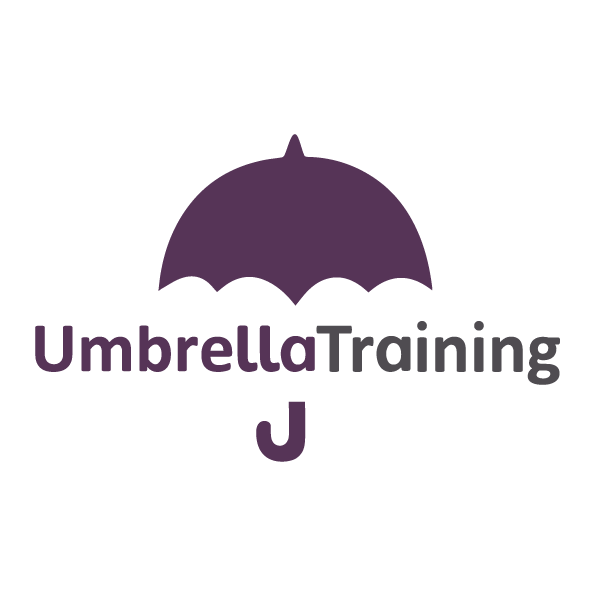National Apprenticeship Week 2021 - The importance of investing and recruiting onto Level 2 apprenticeships
Anna Ambrose, Director of the London Progression Collaboration.
I’m Anna, Director of the London Progression Collaboration (LPC). We’re a pilot initiative aiming to create new apprenticeships for low-paid Londoners.
We exist to address the twin challenges of barriers to in-work progression experienced by those in low-paid work, and the skills shortages faced by employers in the capital’s key sectors. We work with employers to support them to offer apprenticeships which address both these needs. We’re passionate about apprenticeships, and we love helping businesses make the most of them.
Personally, I’m committed to improving people’s life chances; that’s been the common thread in my work.
I previously worked for an education charity called Ambition Institute, who train and develop teachers and school leaders specifically to close the achievement gap between disadvantaged children and their peers.
Why is Reskilling the Recovery an important initiative?
We launched Reskilling the Recovery in June 2020, in response to the pandemic. It’s a campaign asking apprenticeship levy payers to pledge unspent levy funds to us, which we’re brokering out for transfer to smaller businesses, to fully fund the cost of apprenticeship training and support.
It’s important because the funds we transfer create apprenticeship opportunities which wouldn’t otherwise exist. Those are chances for someone to get into work, or to access training to move forward in their career. Those progression opportunities were difficult to find before Covid-19. With the pandemic hitting those in low-paid and unstable work the hardest, they’re even more vital now.
We know the last year has been exceptionally challenging for SMEs, who really need the right skills to survive, adapt and recover. Levy transfer funds are making the difference between a business being able to afford to access training, and it being out of reach.
How will this campaign and apprenticeships in general make a difference to Londoners in low-paid work, and those with low levels of qualifications?
For many people, moving out of low pay unfortunately won’t happen just through a pay rise.
It will only happen by moving into higher-skilled work. And yet this group are least likely to receive training, hence a pattern of people getting trapped in low-paid work. This also locks away people’s potential – potential which employers with skills gaps need.
Apprenticeships can be a really powerful way to help people to build the skills they need, and to help businesses fill skills gaps too. That’s the difference we want to make.
What else can employers do to remove significant barriers in progressing into better-quality, higher-paying jobs?
If I had to choose one crucial point, I would ask employers to ensure that opportunities for training and progression are as accessible as possible – that could mean widening your hiring criteria to be open to individuals from different backgrounds, who might lack previous experience but have lots of potential; or it could mean designing jobs to make sure people who need to work flexibly aren’t shut out of particular types of work or roles.
Words of wisdom for SME employers?
Please don’t feel that apprenticeships aren’t for small businesses, they really are.
Don’t forget that you can use apprenticeships to upskill your team as well as to train new recruits, and make sure you find a training provider who can meet your needs – hint, the LPC can help with that (www.thelpc.uk)!








